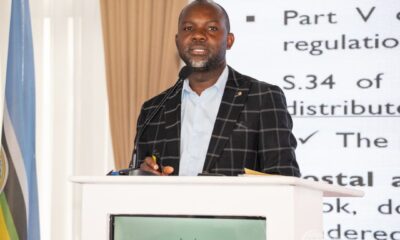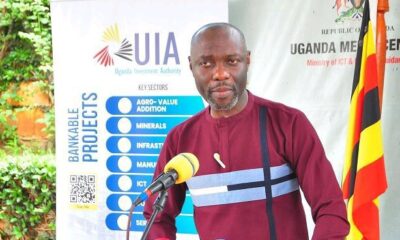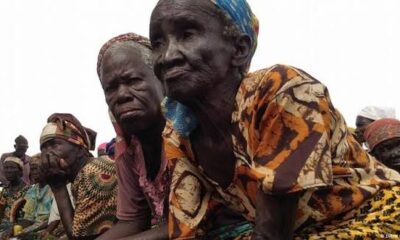Politics
“Rebecca Kadaga Shouldn’t Join NUP, Museveni Should Give Her A Better Retirement Package” Senior Politician Tells

For over three decades, Rt. Hon. Rebecca Alitwala Kadaga has stood tall as one of the most influential figures in Uganda’s political landscape. She made history as the first female Speaker of Parliament and rose to become a strong voice for women, the underprivileged, and the marginalized. Her legislative achievements and her influence in Busoga and across the nation have left a legacy that will not be forgotten easily.

Her recent defeat in the NRM Central Executive Committee elections, however, was a bitter setback. Losing to Anita Annet Among, a younger politician, symbolized more than just a political contest — it reflected the generational shift sweeping through Ugandan politics. Kadaga openly lamented that the race was marred by intimidation and irregularities. Even so, she accepted the outcome with grace, a gesture rarely seen in Uganda’s competitive political culture.
What has impressed many is Kadaga’s calm response after the loss. Instead of angrily walking away from the NRM, she expressed gratitude to her supporters and pledged to remain committed to the party. This maturity and loyalty set her apart, highlighting the qualities of a true stateswoman rather than a politician clinging desperately to power.

Yet her setback opened the door for opposition leader Robert Kyagulanyi, also known as Bobi Wine, to extend an invitation. While launching new NUP offices in Iganga, he urged Kadaga to abandon the NRM and join his movement, even pointing to clan connections between them. He claimed that the NRM had “used and dumped her” and encouraged her to help him challenge President Museveni. Though dramatic, the appeal left many wondering: could Kadaga, after decades of institution-building, really align with a youthful party still wrestling with unity?
The National Unity Platform itself is not free of cracks. Senior figures like Mathias Mpuuga and Abed Bwanika have publicly disagreed with party leadership, while other members have shown signs of discontent. If seasoned opposition leaders are struggling to find common ground, one wonders how someone of Kadaga’s standing could comfortably fit in without risking her reputation.

Many argue that the ruling NRM has a responsibility to honor Kadaga’s decades of service. She has devoted her career to both the party and the nation, and allowing her to fade away unnoticed would be unjust. A respected retirement package, a diplomatic assignment, or a role as an elder advisor would not only recognize her loyalty but also reassure younger leaders that commitment and sacrifice are ultimately rewarded.
Kadaga’s journey is bigger than her personal ambitions; it speaks to how Uganda treats those who have served at the highest levels. To cast her aside or push her into opposition would diminish years of sacrifice. The country must choose dignity over disregard. Mama Kadaga deserves to leave the stage as a celebrated stateswoman, not as a casualty of political rivalry.




















